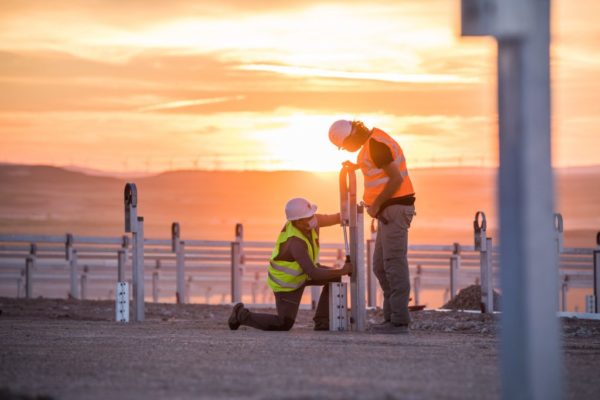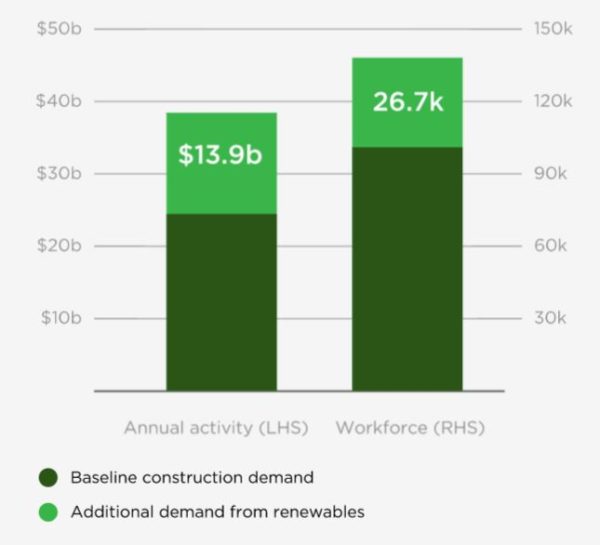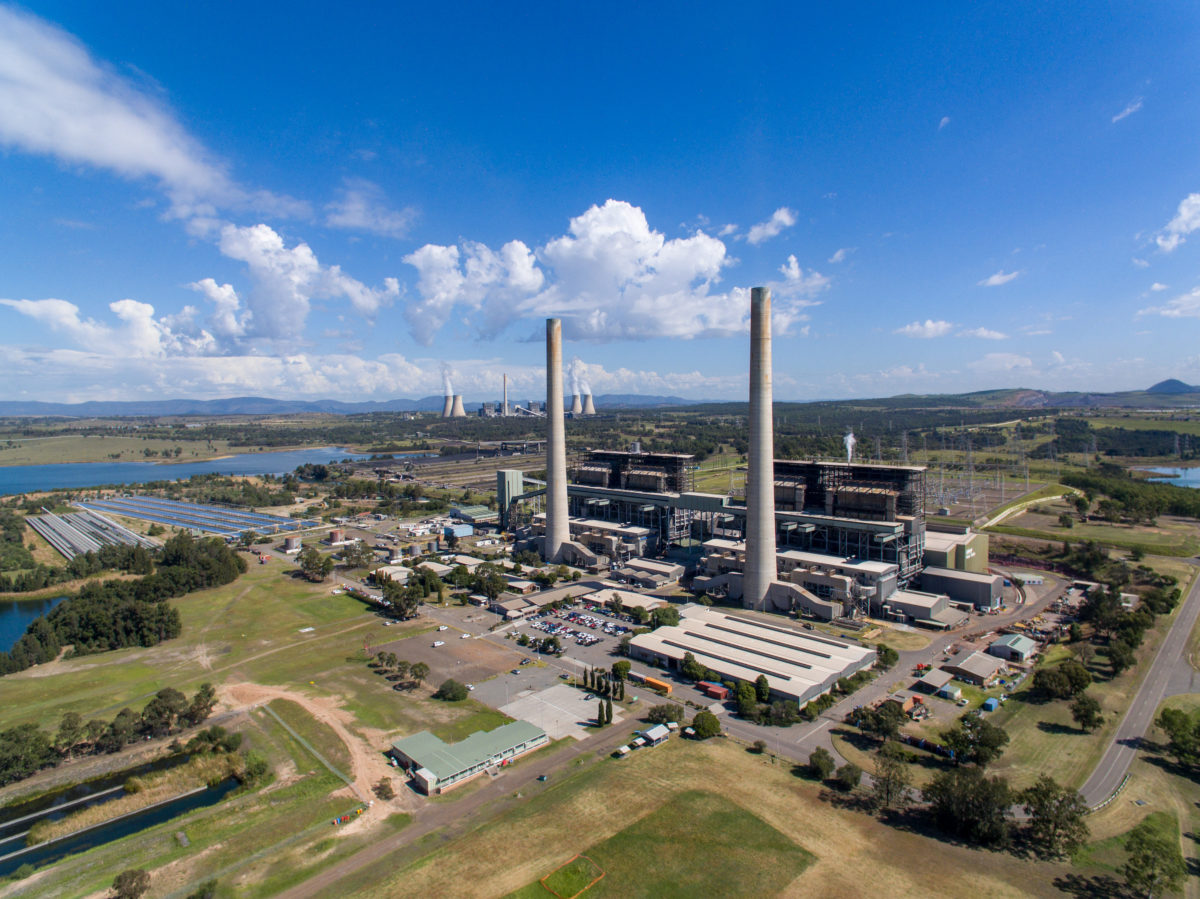The Australian Council of Trade Unions (ACTU) has urged the federal government to quickly establish a national energy transition authority tasked with ensuring that workers and their communities affected by the exit of coal-fired generation from Australia’s energy mix are fully supported.
In a paper released on Monday ahead of the jobs and skills summit to be held in Canberra on September 1 and 2, the ACTU said the authority would ensure the affected workers and communities are properly supported through training, reskilling, redeployment and secure job opportunities.
ACTU president Michele O’Neil said 12 coal-fired power stations had closed in the past decade, in most cases leaving workers and communities devastated.
O’Neil said with proper support, those workers can be the first in line to benefit from Australia becoming a renewable energy superpower with the switch to renewables set to create thousands of jobs during both construction and operational phases.
The union peak body said an estimated 395,000 jobs could be created, and $89 billion in revenue generated by 2040 in export industries alone if the transition is managed properly.
“A national energy transition authority will ensure that we don’t have to choose between climate action and good, secure jobs,” O’Neil said.
“Through support for skills and training, redeployment, and secure jobs in new industries we can ensure no worker or region is left behind.”

Image: Lightsource bp
Alongside the new authority, the ACTU has recommended the development of a national renewables strategy; a national disaster response capability to deal with climate change impacts; climate mitigation and adaptation policies; access to reliable and affordable energy for households and industries; and a net-zero emissions public service by 2030.
The ACTU’s call for a national authority to support workers affected by the rapid decline of coal follows the release of a report by Construction Skills Queensland (CSQ) which shows that state’s renewable energy boom will require up to an additional 26,700 construction workers over the next 20 years.
With the state government targeting 50% renewable energy penetration by 2030, on the pathway to net zero emissions by 2050, the CSQ estimates Queensland will need to install somewhere between 105 GW and 192 GW of additional renewables over the next 30 years. The state’s current installed renewables capacity is 3.8 GW.

Image: CSQ
“Queensland will need to expand its base of renewable power generating assets by as much as 50-fold by 2050,” CSQ says in the report. “A substantial amount of capital will be allocated to the construction of renewable energy assets over the coming decades in Queensland.”
CSQ chief executive Brett Schimming said capital expenditure of up to $13.9 billion a year would be required to meet the net-zero target.
“Queensland is on the cusp of a renewable energy boom” he said. “The biggest challenge in delivering the boom could be the scale of the construction workforce required. Now is the time to start thinking about the long-term impact this future could have on labour and skilled trade provision. Then we can plan with eyes wide open to meet the challenge.”
CSQ estimates the number of construction jobs that will be directly created by Queensland’s renewables build-out will range from 14,500 to 26,700.
“The impact of the renewables transition on the construction workforce will be roughly equivalent to the mining boom,” the peak body said. “But unlike the mining boom, the renewables transition will not be a temporary shock to the labour force. It represents a permanent lift in the demand for construction labour in Queensland.”
This content is protected by copyright and may not be reused. If you want to cooperate with us and would like to reuse some of our content, please contact: editors@pv-magazine.com.









1 comment
By submitting this form you agree to pv magazine using your data for the purposes of publishing your comment.
Your personal data will only be disclosed or otherwise transmitted to third parties for the purposes of spam filtering or if this is necessary for technical maintenance of the website. Any other transfer to third parties will not take place unless this is justified on the basis of applicable data protection regulations or if pv magazine is legally obliged to do so.
You may revoke this consent at any time with effect for the future, in which case your personal data will be deleted immediately. Otherwise, your data will be deleted if pv magazine has processed your request or the purpose of data storage is fulfilled.
Further information on data privacy can be found in our Data Protection Policy.